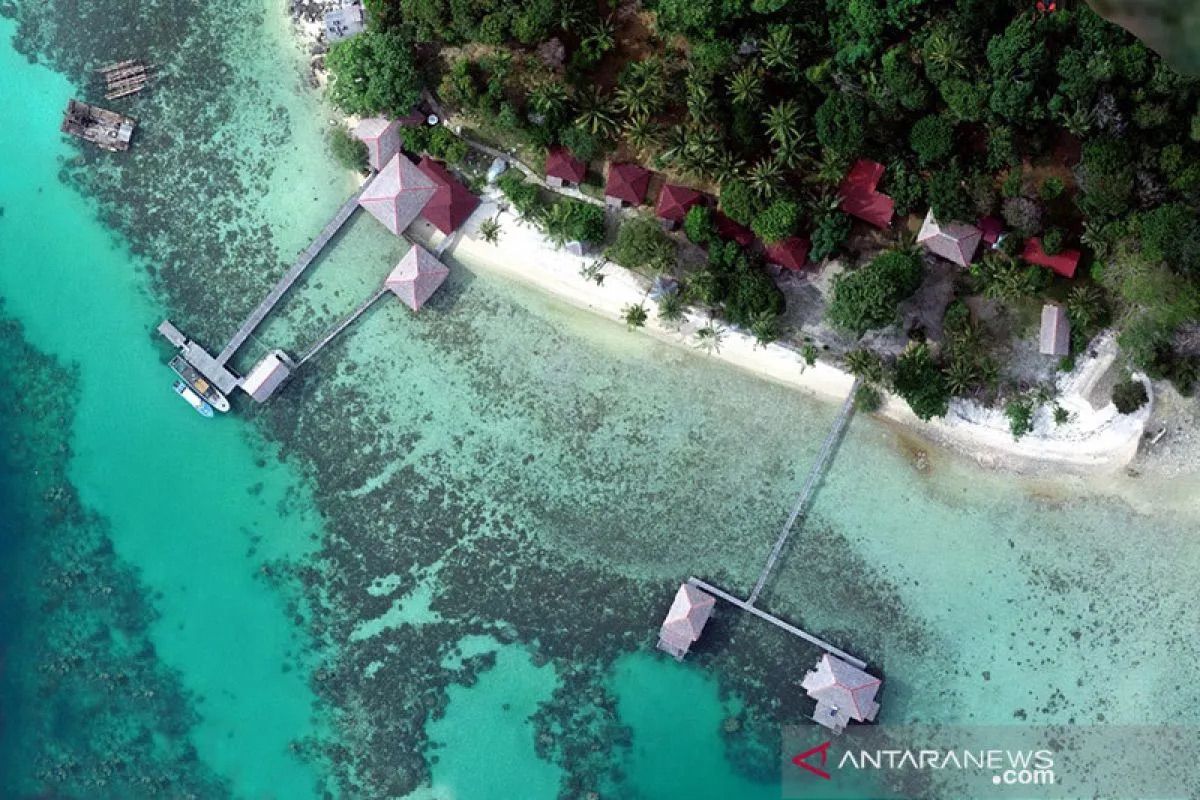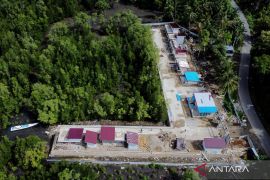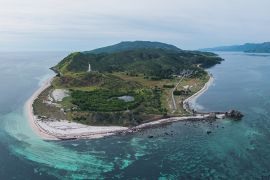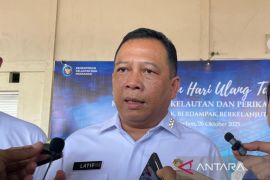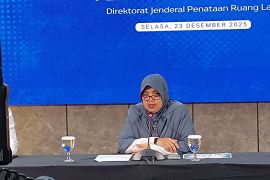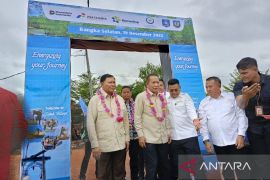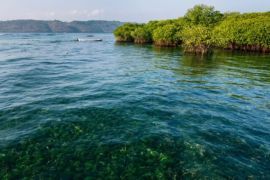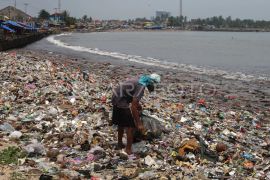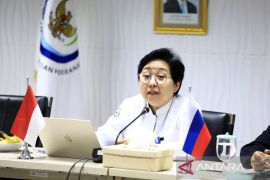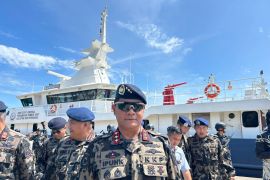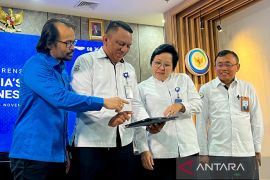The ministry's Director General of Marine Spatial Planning, Kartika Listriana, noted that integrating spatial planning between land and sea aims to minimize land-use conflicts, prevent overlapping policies, and enhance investment efficiency.
"As a model for marine and land spatial planning, we will develop a planned and integrated waterfront city area. This includes Sabang, Batang, Bitung, Morotai, Marunda, Semarang, and Surabaya," she said in a statement here on Friday.
According to her, waterfront city development seeks to increase economic value through tourism and commerce, improve environmental quality and ecosystem preservation, and create livable, attractive urban areas for communities.
"This waterfront city aligns with the development of new and renewable energy-based areas and supports the city’s emission reduction program through the transformation of coastal urban zones," Listriana added.
Related news: Jakarta governor pushes sustainable blue economy agenda
Beyond spatial integration, she emphasized the importance of collaboration with various stakeholders, including universities, local governments, business actors, and coastal communities, particularly in the formulation, implementation, and evaluation of marine spatial policies.
She also highlighted the progress of the National Marine Spatial Plan, which has entered the integration stage with the National Spatial Plan (RTRWN) and is expected to be enacted in December 2025.
Furthermore, her office has completed several zoning plans, including 17 Inter-Regional Zoning Plans (RZ KAW), 16 National Strategic Area Zoning Plans (RZ KSN), 44 Specific National Strategic Area Zoning Plans (RZ KSNT), and 34 Coastal Area and Small Island Zoning Plans (RZ WP3K).
The integration of marine spatial planning, as outlined in the One Spatial Planning Policy, serves as concrete evidence of the ministry’s 26-year commitment to harmonizing development, preventing policy overlaps, facilitating investment, and ensuring ecosystem sustainability.
Earlier, KKP Minister Sakti Wahyu Trenggono emphasized that marine spatial planning plays a crucial role in realizing the blue economy’s goals by ensuring the efficient, fair, and sustainable management of marine areas.
Related news: KKP, Undip forge partnership to advance blue economy
Related news: Minister urges faster rollout of Indonesia's blue economy programs
Translator: Muhammad Harianto, Resinta Sulistiyandari
Editor: M Razi Rahman
Copyright © ANTARA 2025
